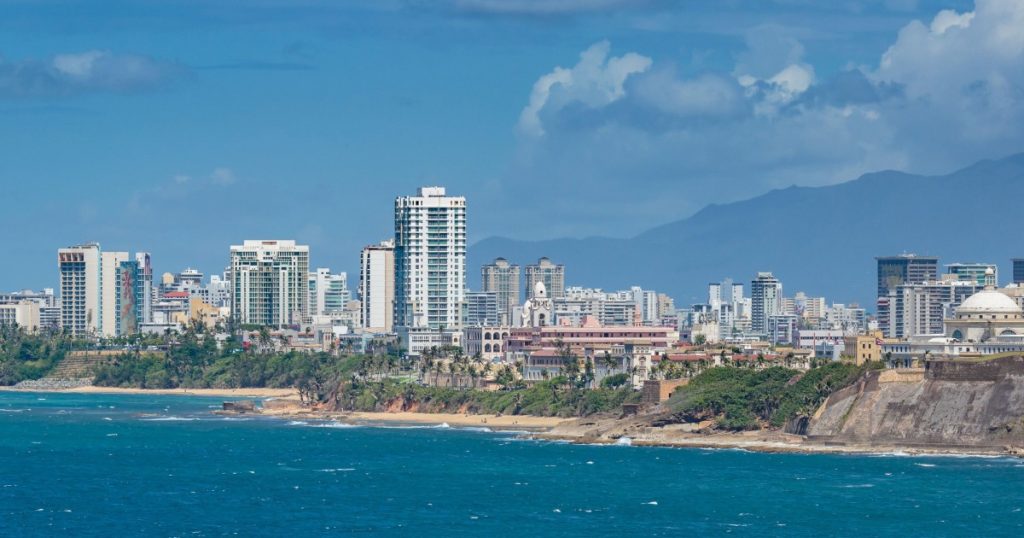Power was restored to almost all of Puerto Rico’s 1.47 million utility customers following a major blackout that occurred on New Year’s Eve. Luma Energy, the private company responsible for power transmission and distribution, announced that 98% of customers had their power restored by Wednesday afternoon. This included households, hospitals, water plants, and sewage facilities. However, the company cautioned that temporary outages could still occur in the coming days, with full restoration expected to take up to two days due to the fragile nature of the grid.
The blackout, which began at 5:30 a.m. on Tuesday, impacted nearly the entire archipelago, prompting an investigation into the cause by authorities. Luma Energy indicated that a preliminary review suggested a failure in an underground electric line in the southern part of the territory. Governor-elect Jenniffer González Colón, who is scheduled to take office on Thursday, urged residents to conserve energy to reduce load shifting and help more people access electricity as power plants were not yet operating at maximum capacity.
Puerto Rico’s power grid has been historically fragile and faulty, exacerbated by neglect over the years. The devastation caused by Hurricane Maria in September 2017 further exposed the weaknesses of the grid, leading to widespread power outages. Subsequent events, such as the heatwave in June and Hurricane Ernesto in August, also left large numbers of customers without electricity for extended periods. Despite efforts to improve the grid’s resilience, unreliability in electricity supply continues to disrupt daily life for many Puerto Ricans.
The New Year’s Eve blackout coincided with an impending increase in electricity rates approved by Puerto Rico’s Energy Bureau. Residential customers were expected to see a rise of 2.2 cents per kilowatt hour from January through March, translating to a nearly $20 jump in the average household’s electric bill. This added financial burden comes at a challenging time for many residents, especially as they grapple with the aftermath of the blackout and ongoing issues with the power grid. Amidst these challenges, efforts to stabilize the grid and enhance its capacity remain critical for the well-being of communities across the island.
Governor-elect González Colón had campaigned on a platform that included the appointment of an “energy czar” to oversee the management of the power grid. This proposal reflects a broader commitment to addressing the systemic issues surrounding electricity infrastructure in Puerto Rico. The recent blackout serves as a stark reminder of the urgent need for comprehensive reforms and investments to ensure a reliable and resilient power supply for the territory’s residents. As the island works to recover from the blackout and navigate the upcoming rate increase, collective efforts will be required to develop sustainable solutions for the long-term energy needs of Puerto Rico.












